
Motorcycle riding is an exhilarating experience, but it comes with inherent risks.
Since motorcycles can go fast and switch lanes easily, riders are not protected by the structural protection of cars. Concerning safety, it isn't just about helmets and leather jackets anymore.
NHTSA reports that motorcycle riders are 28 times more likely to be killed in a driving accident compared to other motorists. In a collision, they are 4 times more likely to sustain an injury.
Today, technology helps mitigate those risks and capture the adventure.
Motorcyclists are switching from traditional motorcycle accessories to:
- Motorcycle dashcams or helmet cameras
- Crash detection sensors
- GPS navigation systems to stay safe on the road.
Most particularly dashcams, which can be used not only to record thrilling rides but also to capture evidence in case of an accident. But choosing the right one can be tricky.
While both come with numerous benefits, understanding their strengths is key to making a smart decision. Let's explore the pros and cons of each, including safety benefits, video quality, cost, and more so you can pick one to be your ultimate riding champion.
Let’s get started.
Motorcycle Dash Cam: A Closer Look
What is a motorcycle dashcam?
A motorcycle dashcam is a powerful small, waterproof device usually mounted on a motorcycle's handlebar or the frame. Think of it as an objective witness, capturing all the action in front of you on the road.
Core functions
- Records high-definition video footage continuously
- Captures license plates of nearby vehicles
- Provides conclusive evidence upon accident investigation
Pros of using a motorcycle dashcam

1. Loop Recording
Motorcycle dashcam’s loop recording feature ensures continuous video capture without compromising the memory card's storage space.
2. Solid Objective Evidence In Case of Accidents
In the unfortunate event of an accident, your dashcam can provide you with clear, unbiased footage invaluable for exonerating you from blame or bringing a negligent driver to justice. Video evidence can also prove valuable for resolving disputes and insurance claims.
3. Deter Aggressive Drivers
The visible presence of a dashcam deters aggressive drivers from tailgating, cutting you off, or engaging in other reckless actions. Knowing they're being recorded encourages motorists to share the road responsibly.
4. Protection Against Fraud And Theft
It is not uncommon for motorcycle riders to fall victim to insurance fraud and theft. Fraudulent claims and staged accidents are becoming more common these days, and dashcams can protect you from falling victim to such scams.
5. Potential For Insurance Discounts
Many insurance companies offer discounts to riders who use dashcams, acknowledging their role in documenting accidents. To learn more about your provider's specific policy, contact them today.
6. Formal Feedback On Performance
By recording your rides, you will be able to critically analyze your riding technique. Make a list of your strengths and weaknesses, and keep track of your progress.
7. Promote Awareness Among Riders
The use of a dashcam encourages safer riding habits. Knowing your actions are being recorded helps you practice responsible riding.
8. Capture the Best Scenic Videos
Perfect for riders who love to document their travels and have a desire to double up on scenic route recorders. Imagine reliving a scenic coastal drive or a majestic mountain pass through the captivating lens of your dashcam footage.
Cons of using a motorcycle dashcam
1. Legal Restrictions Regarding Audio Recording
There may be legal restrictions in some jurisdictions regarding audio recording with dashcams. Be sure to check your local laws and regulations.
2. Overchecking Can Lead To Distraction
Overchecking a dashcam while riding can distract you from the road. Put it in its place and forget about it.
While there are a few cons to consider, the pros of motorcycle dashcams outweigh them.
Struggling to find the best motorcycle dash cam? Make sure you check out the Akeeyo 4K UHD Motorcycle Dash Cam.
Helmet Camera: A Closer Look

What is a helmet camera?
The helmet camera is a small, lightweight device that mounts right on the helmet, giving you a first-person perspective of the ride. Besides capturing visuals, it also captures the sounds and feelings of the rider, making the experience more immersive.
Core functions
- Records first-person video.
- Captures voice narrations and surrounding sounds.
- Hands-free control for recording and playback.
Pros of using a helmet camera
1. Unique Riding Experience
With helmet cams, both you and viewers can relive the experience from a first-person perspective.
2. Multi-purpose
Use your helmet camera to capture action sports footage, vlog your adventures, or even record your daily commute.
3. Light-weight and Easy to Use
Helmet cams are relatively lightweight, so you can mount them easily without sacrificing comfort or aerodynamics. Their user-friendly design also makes it easy to record and playback, usually with the help of a remote control or voice command.
Cons of using a helmet camera
1. Limited battery life
Small batteries installed in helmet cams have a detrimental effect on battery life. On longer rides, a power bank or spare batteries might be necessary to ensure continuous recording, depending on the model.
2. Video Quality Variations
Numerous factors affect the video quality of helmet cams, including the model, resolution, and lighting conditions. Only expensive helmet cams produce high-quality footage.
3. Mounting Challenges
Helmet cams are tricky to mount, especially if you wear different helmets on different rides.
4. Extremely Distracting
Although some models offer hands-free control, fiddling with the camera too much while riding poses a serious safety risk.
Conclusion
While we have explored the pros and cons of both motorcycle dashcams and helmet cameras, a dashcam is clearly the best option to ensure safety on the road. A dashcam can prove useful in many situations by capturing clear video footage of the road ahead.


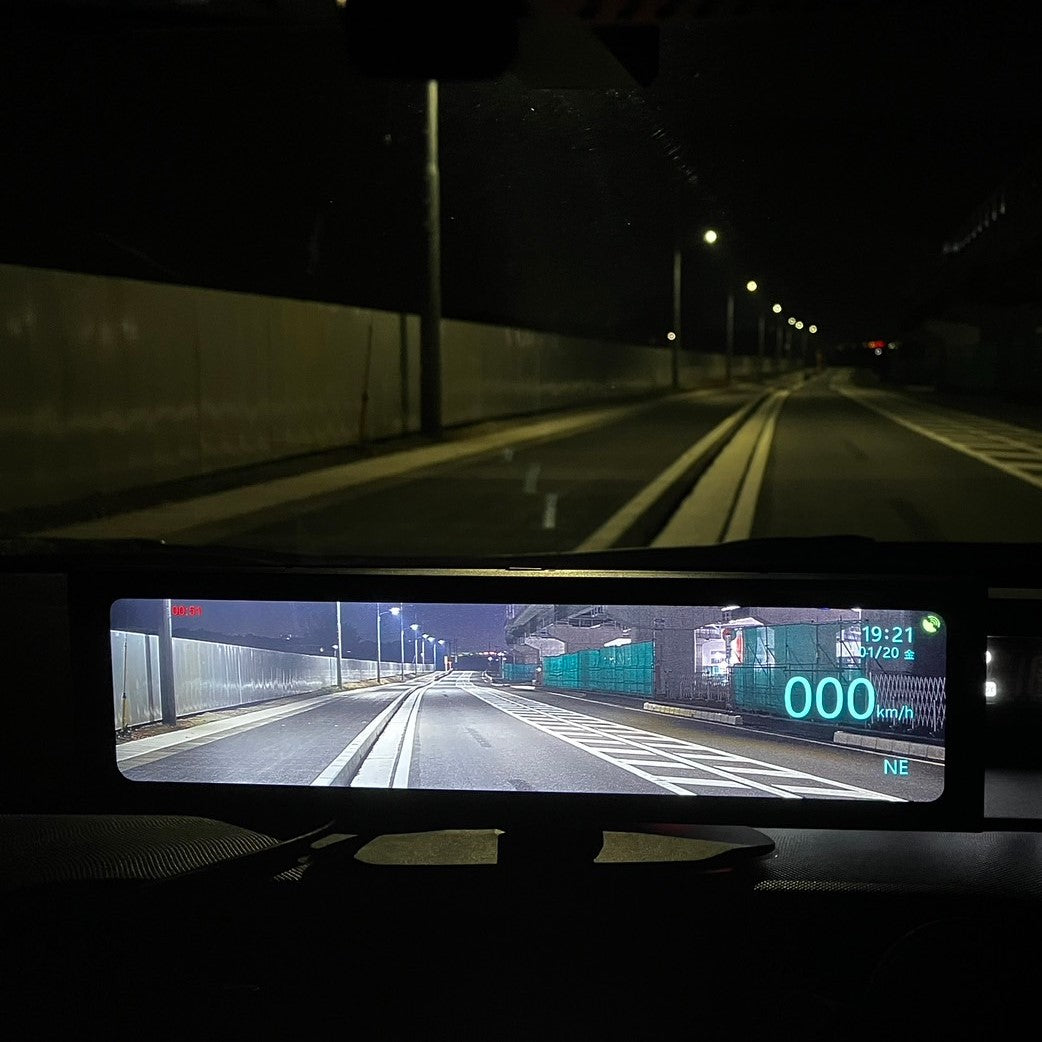
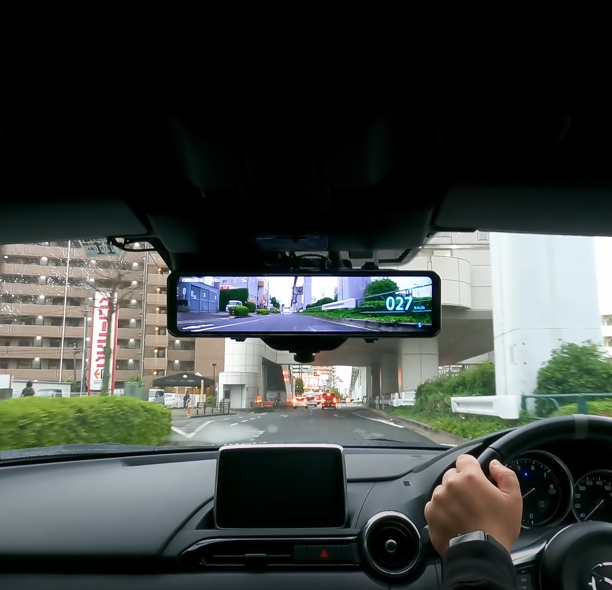
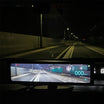


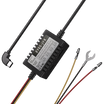
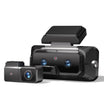

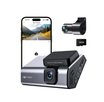

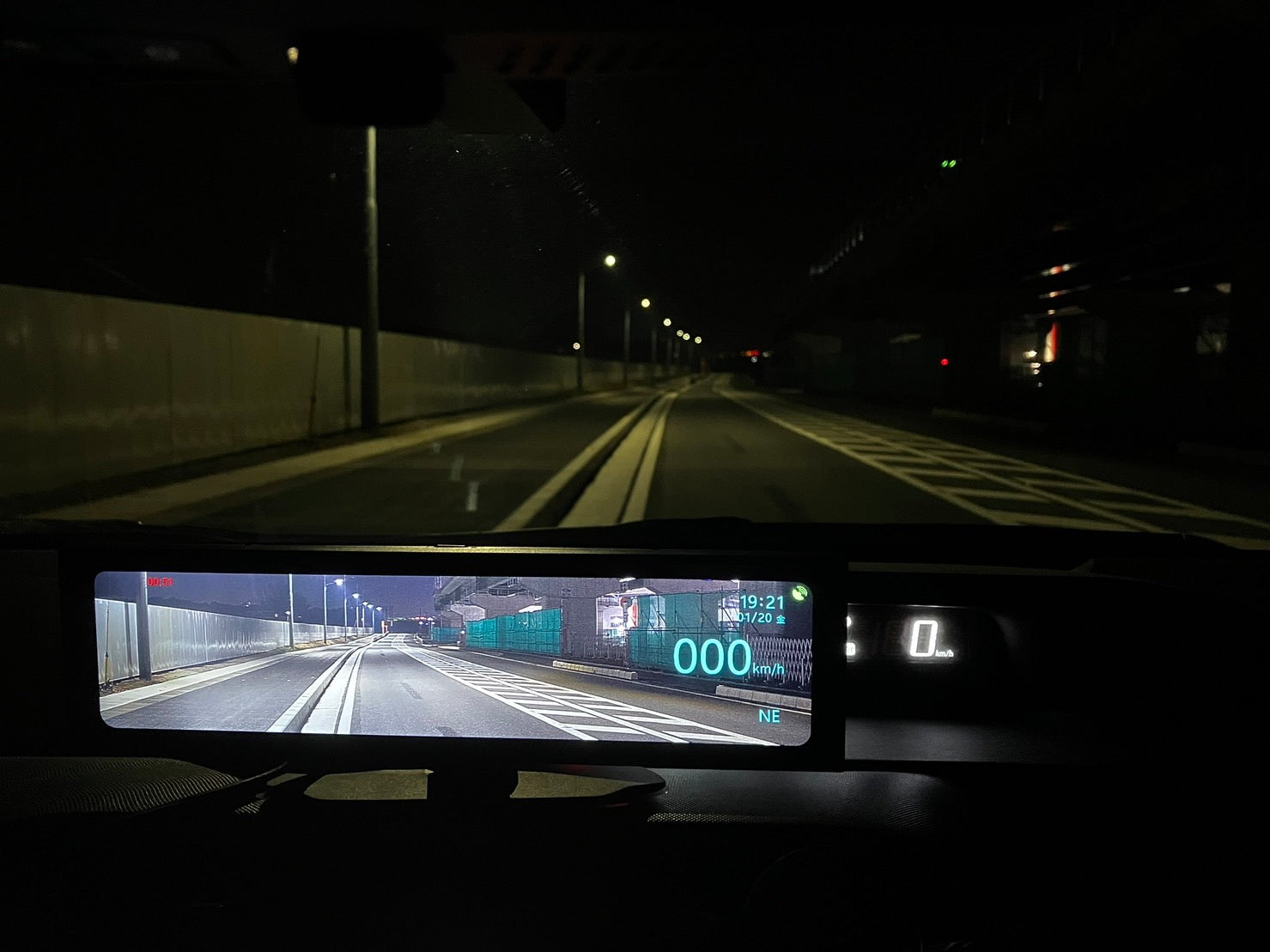
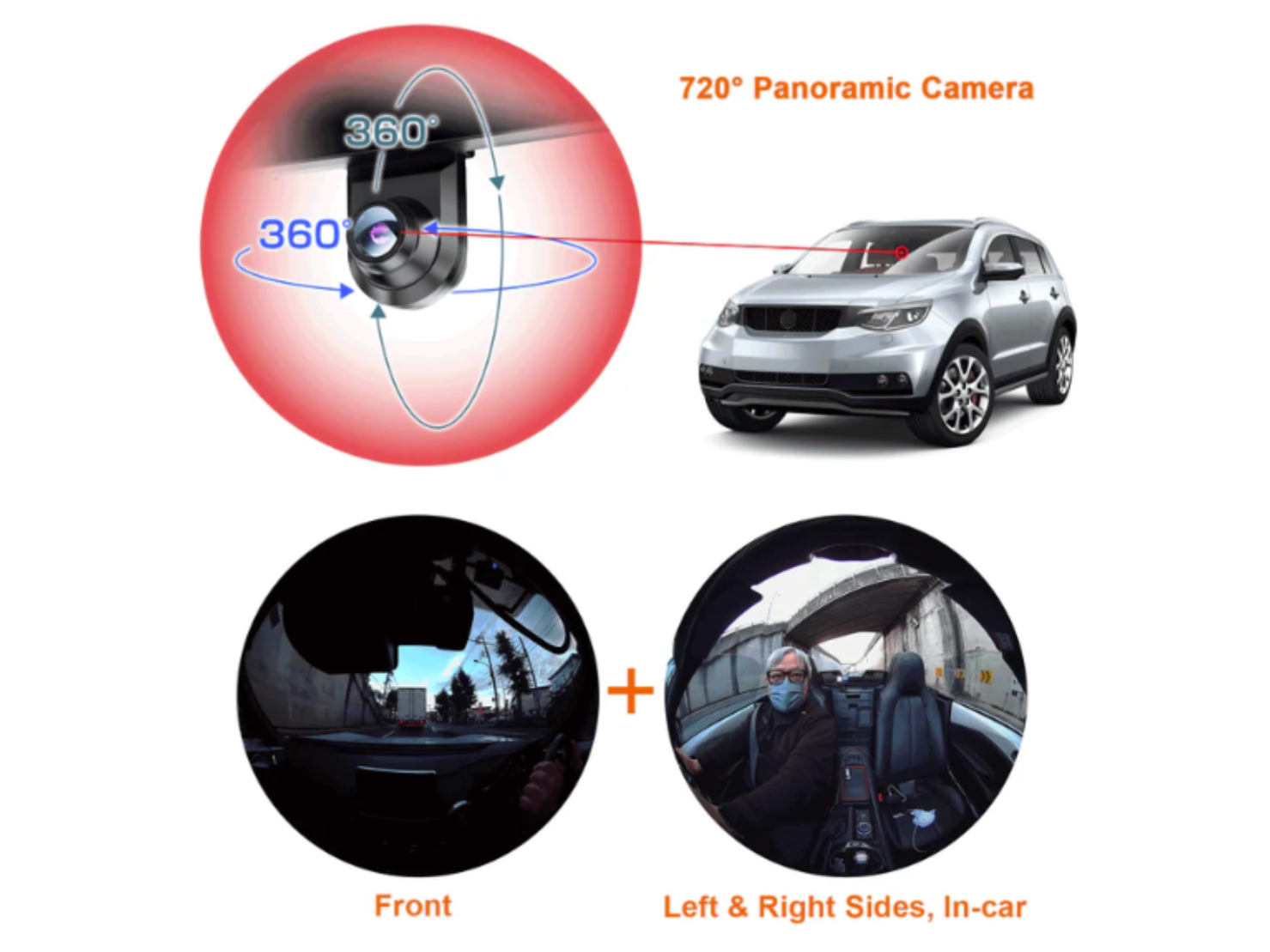
Leave a comment
All comments are moderated before being published.
This site is protected by hCaptcha and the hCaptcha Privacy Policy and Terms of Service apply.